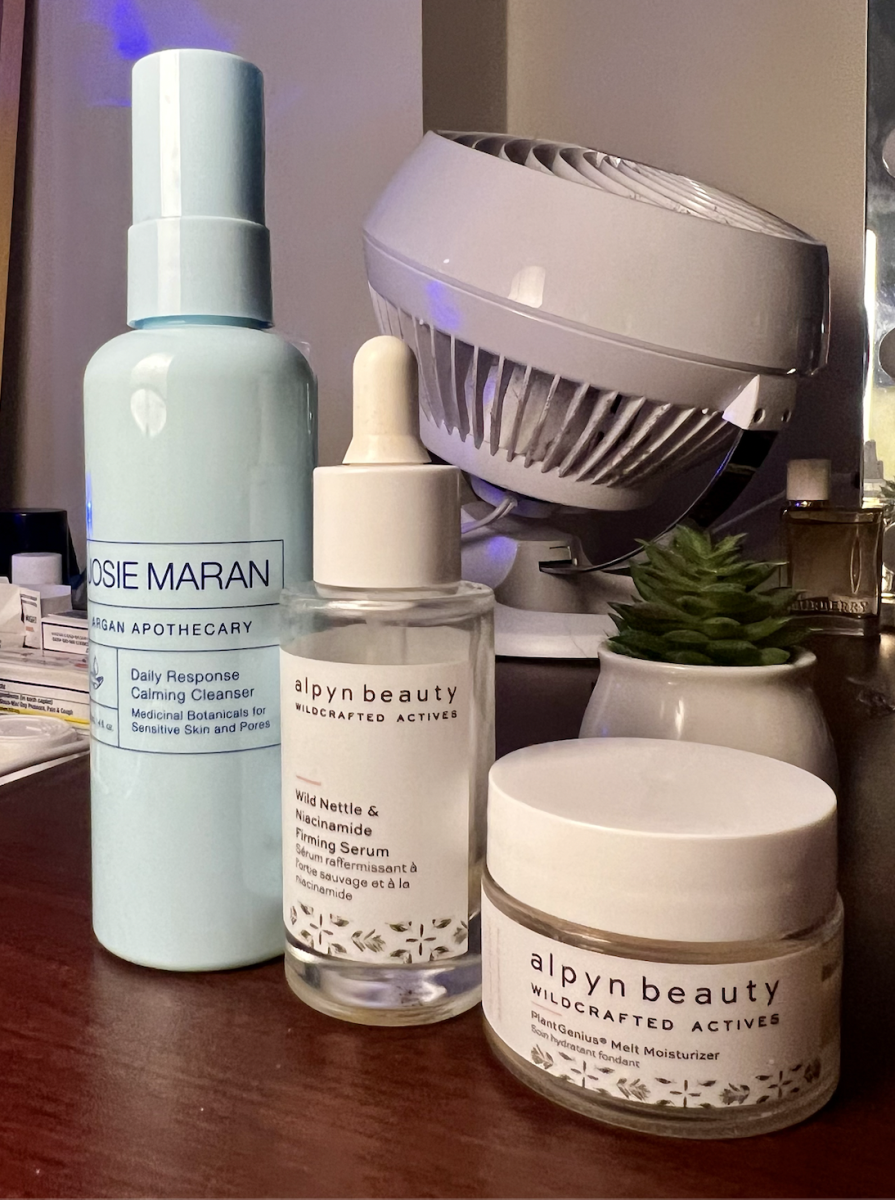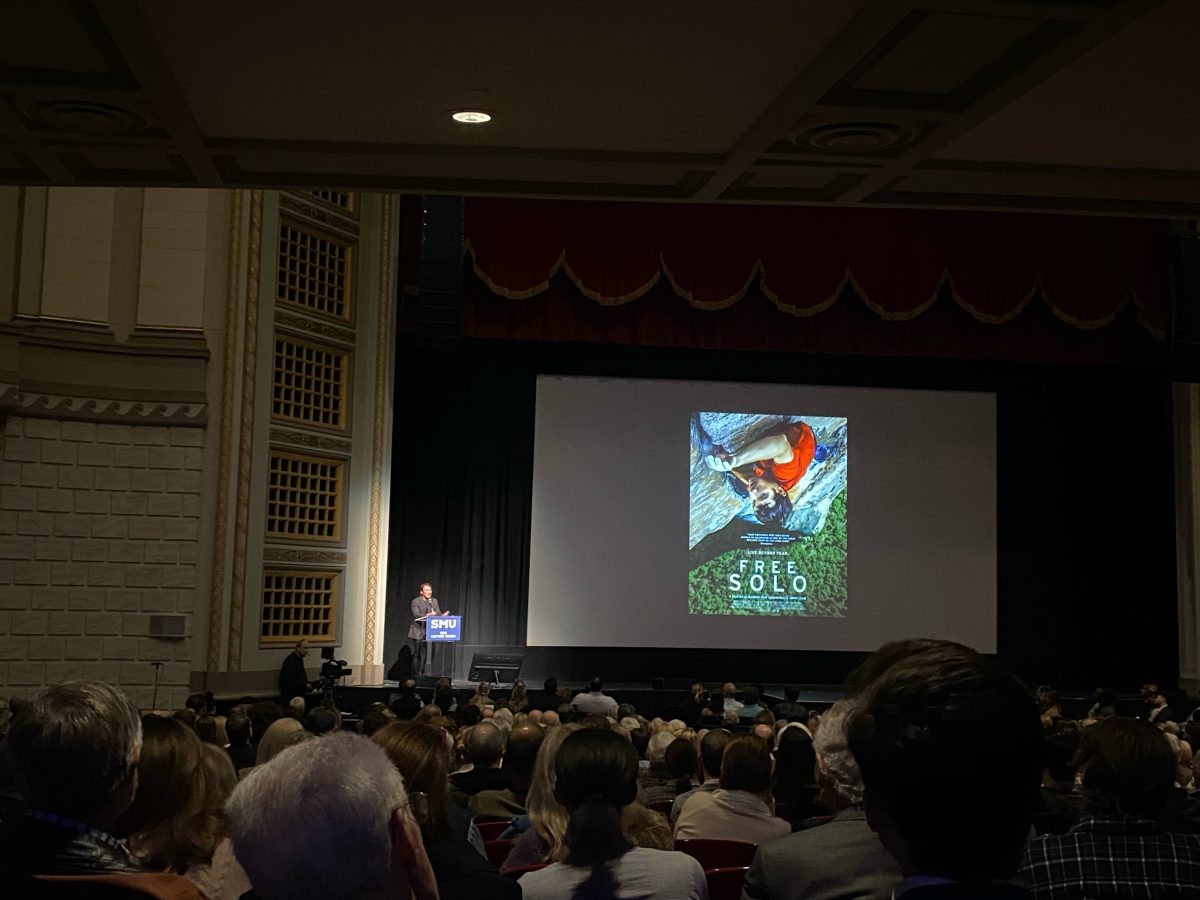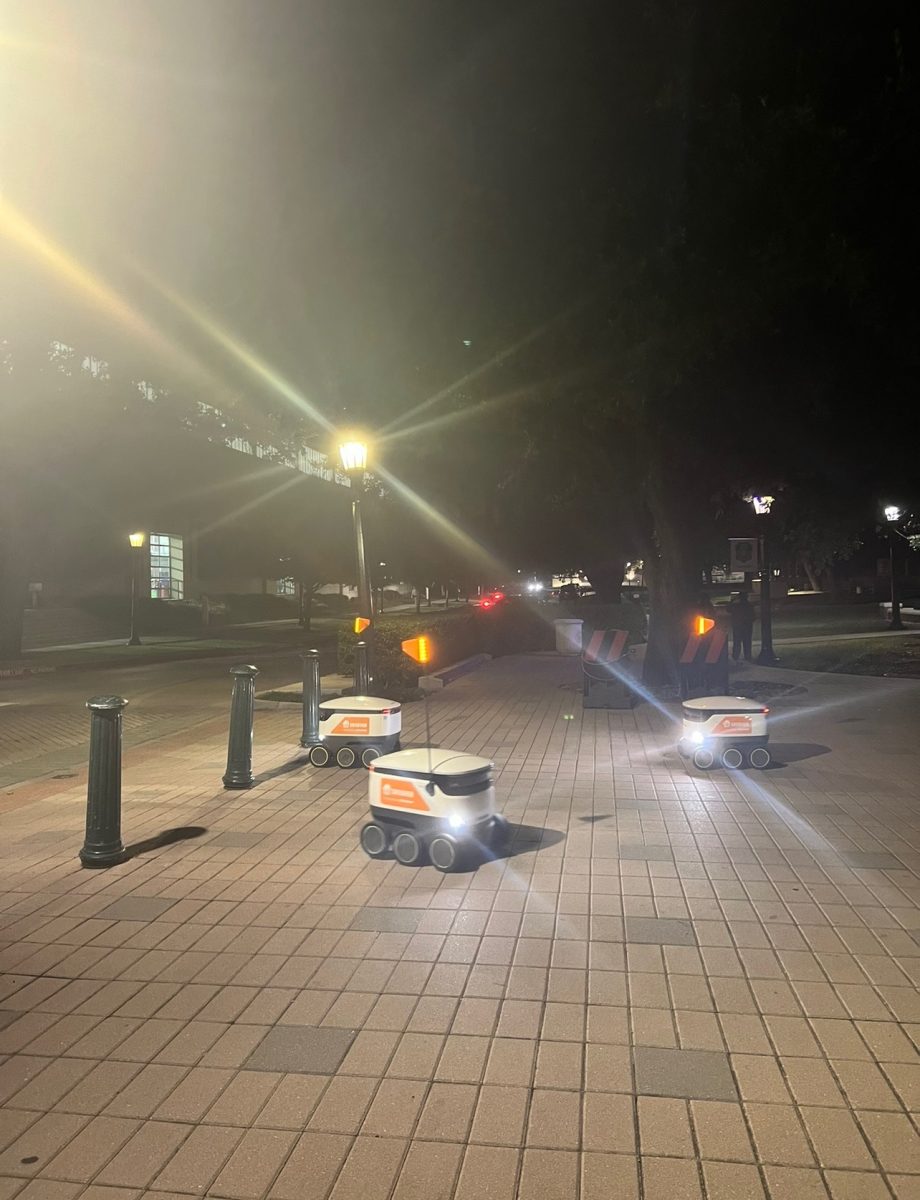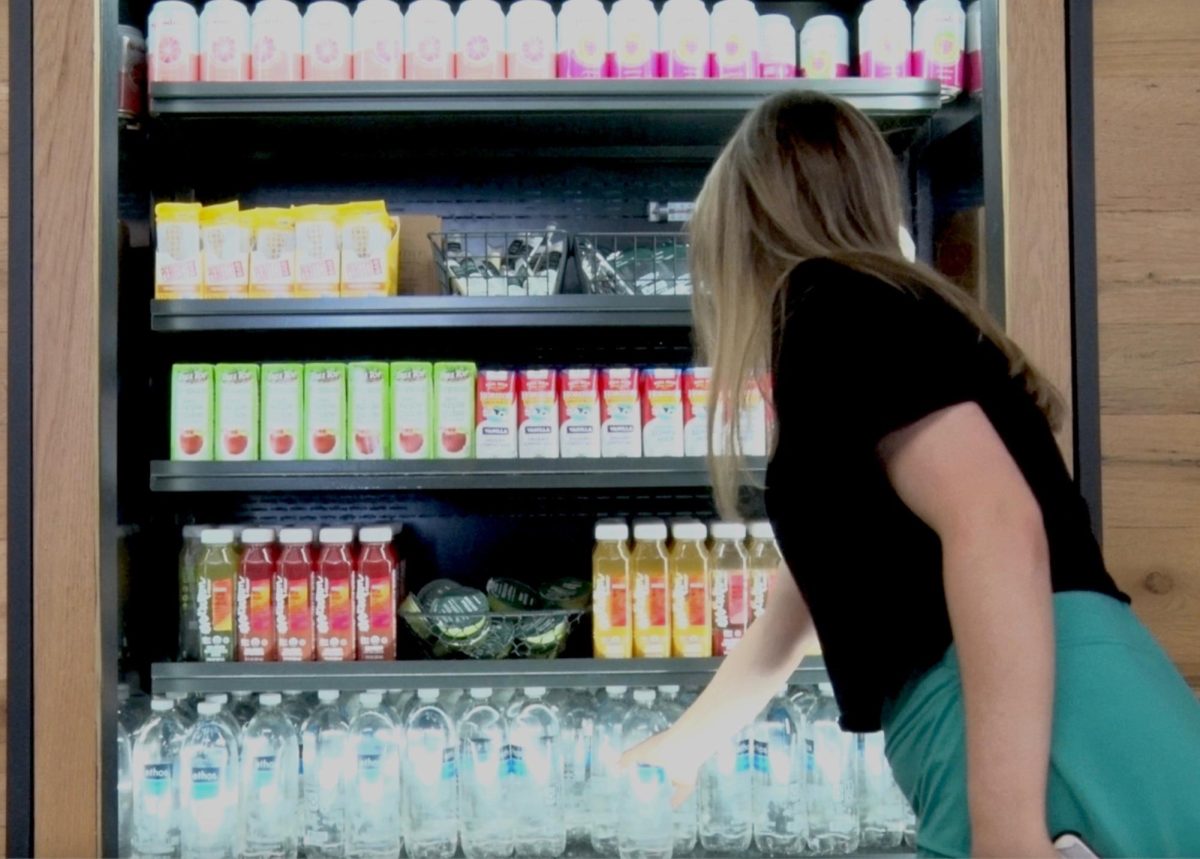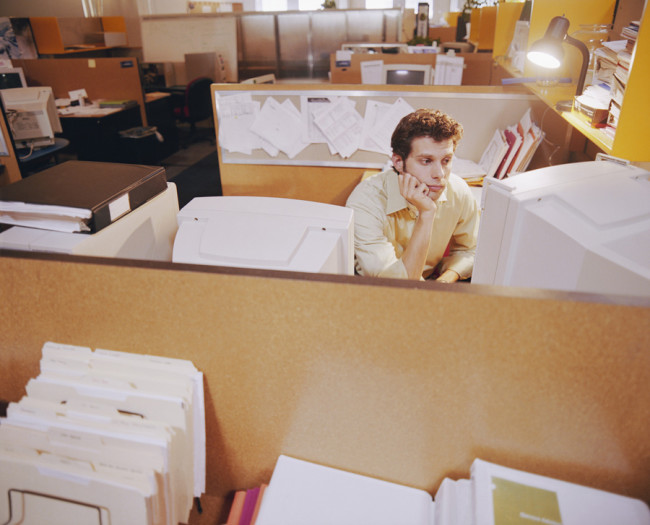
(Courtesy of learningpilgrims.files.wordpress.com)
Today, workers are putting in more hours than ever before, making the 40-hour week a thing of the past. The push for employees to clock in earlier might be costing some people more than they think.
Working a 9-to-5 week isn’t easy on anyone, but more right-brained individuals might be struggling the most. There is a possibility that a person could be too creative for a 9-to-5 job.
For those who don’t mind being in the office everyday for decades, the problems facing creative people might not be so apparent. Helping to identify the creative brain, here are a few signs that a person could be too creative for the typical workplace.
1. A person feels less productive early in the morning.
Academic research done by neuroscientist Kenneth Wright indicates that cognition is best several hours prior to habitual sleep time and worst near habitual wake time. This suggests that a person’s best work is not done first thing in the morning, but often later on in the day. A creative person learns to understand that his or her best work won’t get done till then. It can take up to 4 hours for the mind to reach full awareness and alertness, and in that time, it won’t be making the best of decisions.
2. Working in a cubicle is one’s worst nightmare.
When it comes to creativity, the environment in which a person works is key. As a creative individual, a person understands that there is a science to creativity, which is why he or she can’t get his or her work done in a cubicle. The typical work environment for a 9-to-5 job may be to blame for the unrealized potential of countless creative workers. A cubicle is the type of environment that could make any creative mind simply a mind. A cubicle is literally a box a person is placed to work in, and how can a creative person think outside of the box if they are forced to work inside one?
3. Eight hours in a day doesn’t work for that person’s brain.
The 9-to-5 routine is not a good fit for the brain of creative people. Most people don’t mind the daily routine associated with going to work and spending the majority of the day working. Creative people might feel as though they are stuck in a rut when they have are forced to work in that routine. Creative minds tend to become more inefficient after hours of working on end. Working for long hours leads to creative blocks. These blocks are more than just frustrating; they are potentially career damaging.
For many, the 9-to-5 day is just not their thing. The monotonous routine has the ability to stifle creativity in a way that leaves people unable to thrive in their professional lives. In a workplace that is becoming more systematic, the creative person is unequally burdened. Being marginalized by default, the 9-to-5 day is tough on the creative mind in all the wrong ways.
A simple solution that could accommodate creative workers would be a shorter workday. People that work in creative or professional jobs can productively work for about six hours a day, compared to the eight hours of productive work done by manual laborers. A shorter workday could keep individuals from being too creative to work at all.



